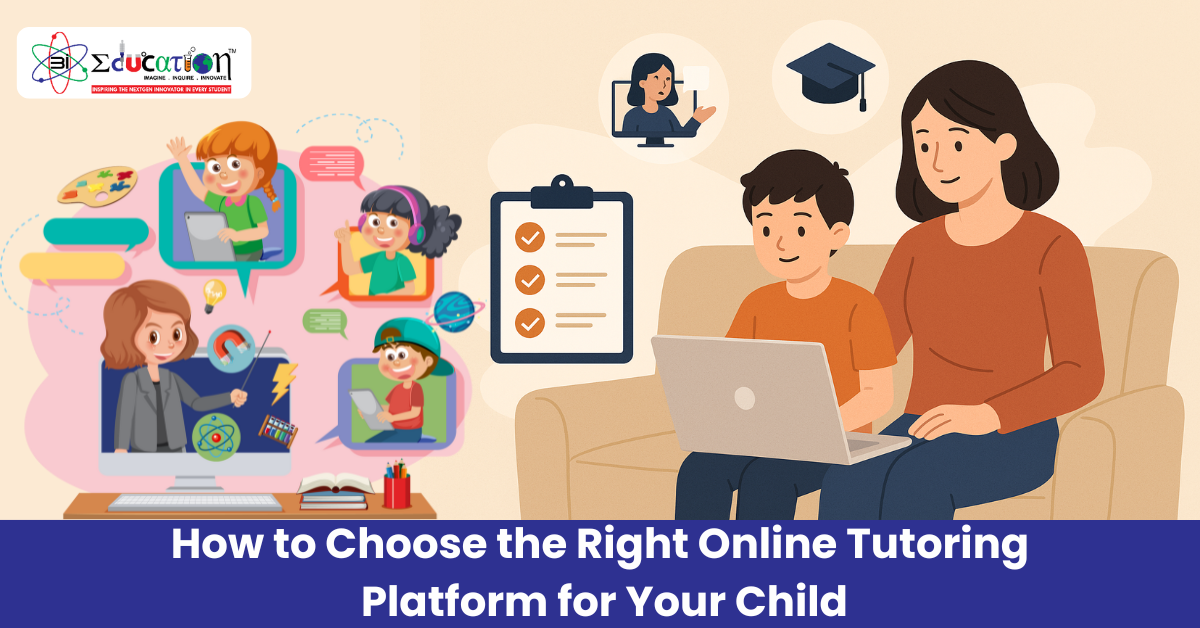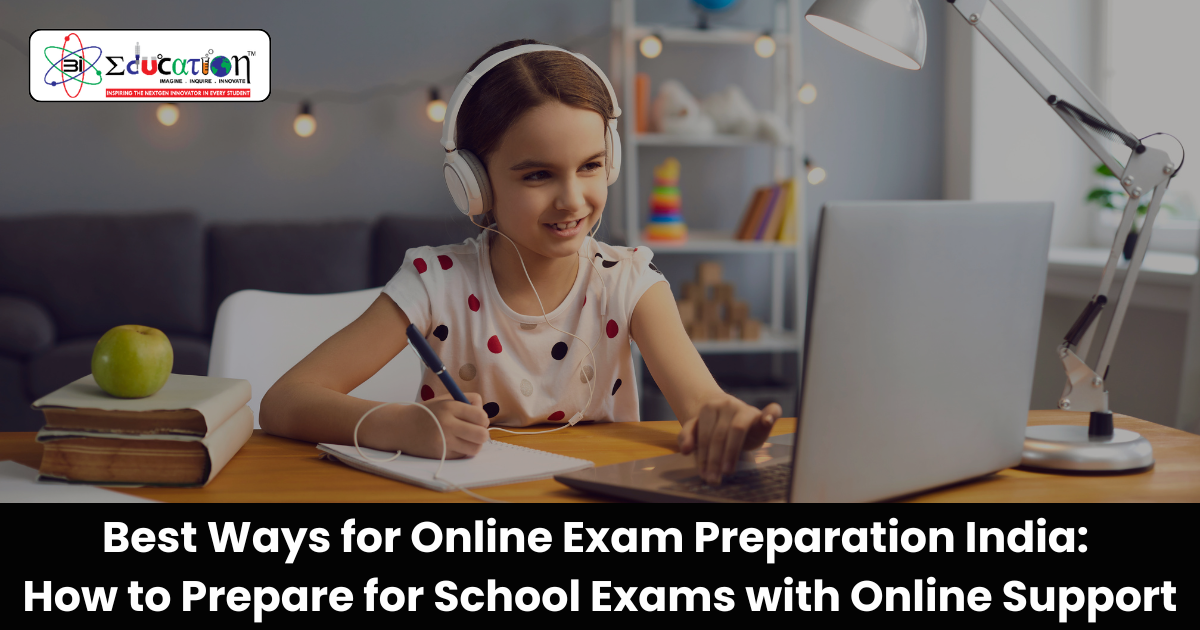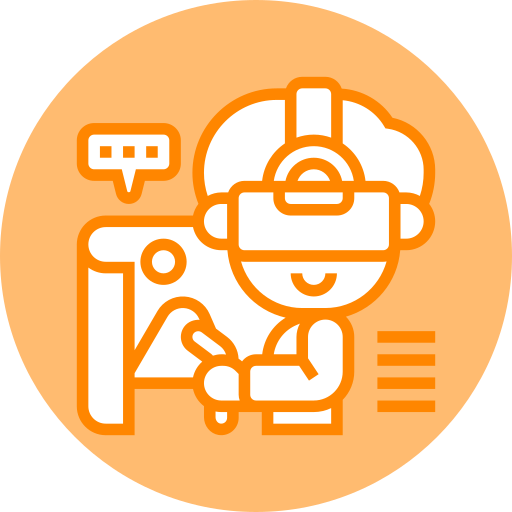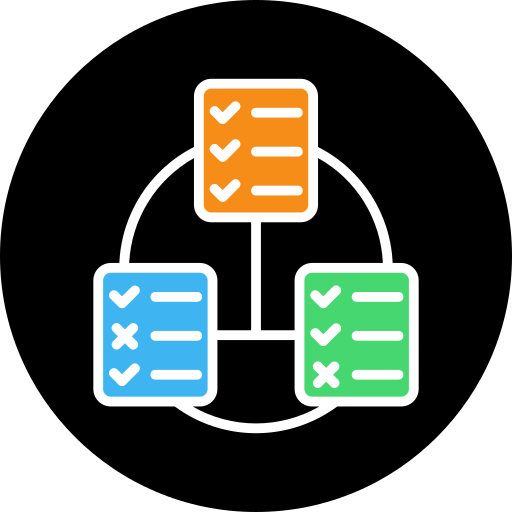
In today’s digital age, online tutoring has become a popular solution for parents seeking additional academic support for their children. With numerous platforms available, selecting the right one can be overwhelming. This guide aims to simplify the process, helping you make an informed decision tailored to your child’s needs.
Understanding Your Child’s Needs
Before exploring various tutoring platforms, it’s essential to assess your child’s specific requirements:
- Academic Strengths and Weaknesses: Identify subjects where your child excels and areas needing improvement.
- Learning Style: Determine if your child benefits more from visual aids, interactive sessions, or structured lectures.
- Grade Level: Ensure the platform caters to your child’s educational stage, whether they’re in elementary, middle, or high school.
Key Factors to Consider
When evaluating online tutoring services, consider the following aspects:
1. Qualifications and Expertise of Tutors
The effectiveness of tutoring largely depends on the tutor’s qualifications:
- Educational Background: Tutors should possess relevant degrees or certifications in their teaching subjects.
- Experience: Look for tutors with a proven track record, especially in teaching children of similar age groups.
- Training: Platforms that provide ongoing training for their tutors ensure updated teaching methodologies.
For instance, Growing Stars emphasizes matching students with tutors who follow the same textbooks used in their schools, ensuring consistency in learning.
2. Personalized Learning Approach
Every child is unique, so personalized learning plans are crucial:
- Customized Lessons: Platforms should offer tailored lesson plans addressing your child’s specific challenges.
- Adaptive Learning Tools: Features that adjust the difficulty based on your child’s progress can enhance understanding.
K12 Live Online Tutoring highlights the importance of adapting lessons to each child’s unique needs and pace, fostering a more effective learning environment.
3. Interactive Tools and Technology
Engaging tools can make online learning more effective:
- Virtual Whiteboards: Facilitate real-time problem-solving and explanations.
- Video Conferencing: Enables face-to-face interaction, building a connection between tutor and student.
- Progress Tracking: Dashboards that monitor improvements help in setting and achieving academic goals.
Tutor.com offers 24/7 individualized academic support, utilizing interactive tools to enhance the learning experience.
4. Flexibility and Scheduling
Consider your family’s schedule and the platform’s adaptability:
- Session Availability: Ensure tutors are available during your preferred times, accommodating after-school or weekend sessions.
- Rescheduling Policies: Life is unpredictable; platforms with flexible rescheduling options can be beneficial.
Outschool provides a variety of classes with flexible scheduling, allowing parents to find sessions that fit their family’s routine.
5. Cost and Value for Money
Budget considerations are vital:
- Transparent Pricing: Look for platforms that clearly outline their fees without hidden charges.
- Trial Sessions: Some services offer free trials, allowing you to assess suitability before committing.
- Package Deals: Discounts for bulk sessions can provide better value.
TutorEye focuses on enhancing students’ conceptual understanding, offering competitive pricing for their services.
Researching and Shortlisting Platforms
Once you’ve outlined your criteria:
- Seek Recommendations: Consult teachers, other parents, or school counselors for suggestions.
- Read Reviews: Online testimonials can provide insights into other families’ experiences.
- Explore Platforms: Visit websites, attend webinars, or contact customer service to gather detailed information.
Care.com suggests exploring multiple platforms and considering factors like tutor qualifications and teaching styles during your research.
Assessing Tutor-Student Compatibility
A good rapport between your child and the tutor enhances learning:
- Trial Sessions: Many platforms offer initial sessions to assess compatibility.
- Communication Style: Ensure the tutor’s approach aligns with your child’s personality and learning preferences.
Monitoring Progress and Feedback
After selecting a platform:
- Set Clear Goals: Establish what you aim to achieve through tutoring.
- Regular Assessments: Periodic evaluations help track improvements and identify areas needing further attention.
- Open Communication: Maintain dialogue with both your child and the tutor to ensure the tutoring remains effective.
Conclusion
Choosing the right online tutoring platform requires careful consideration of your child’s needs, thorough research, and ongoing evaluation. By focusing on tutor qualifications, personalized approaches, interactive tools, flexibility, and cost, you can find a service that supports your child’s academic journey effectively.At 3iEducation, we understand the importance of personalized, engaging, and effective tutoring. Our platform is designed to cater to the unique needs of each student, ensuring they receive the support necessary to thrive academically. Explore our services to discover how we can assist in unlocking your child’s full potential.







